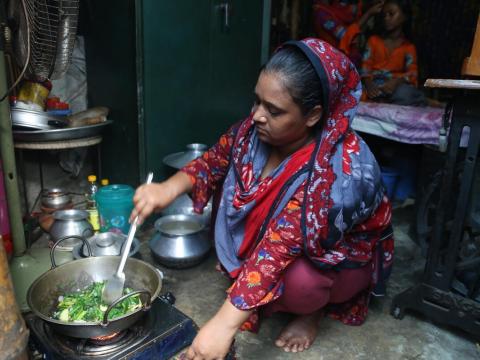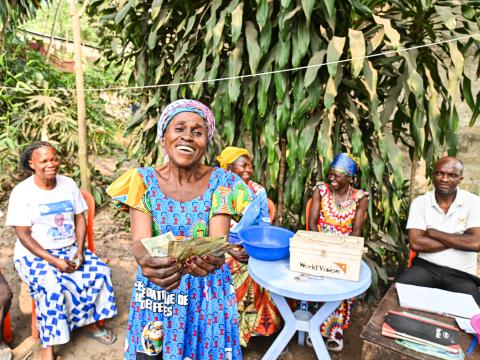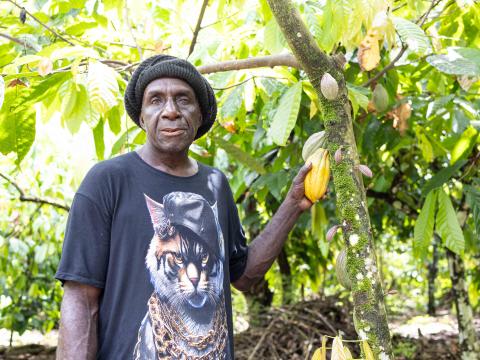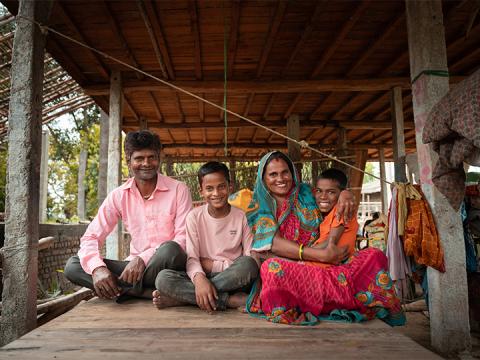
Redefining a new baseline for development practice?
By Richard Rumsey
Many industry experts are saying we need to ‘build back better’ after COVID-19, but what does this actually mean?
World Vision’s COVID-19 Aftershocks: Out of Time report builds on assessments from 24 countries across three continents. The data highlights how an estimated 85 million households across Asia have no or limited food stocks, and how families in Africa are now earning less than half of their pre COVID-19 income. This has led to the tragic reality of families being forced to put their children in harm’s way by eating less, sending them out to work, to beg or in some cases to be married off early.
Unlike many developed countries where generous safety net support has been provided, many developing country governments do not have the financial means to provide such support to pay the wages of vulnerable people so they can eat and pay their bills, and to ensure businesses do not collapse. This is especially the case for those countries already ravaged by conflict, climate change impacts and displacement. As a result, vulnerable families are faced with an impossible choice. In most cases we found that families are having to use up what little savings they have, borrowing money, or sending their children out to beg just to buy food. Another common coping strategy is to reduce the quantity and quality of food consumed, which in turn can lead to children suffering from longer-term health and nutrition problems.
Like many crises before it, the coronavirus pandemic took the world by surprise. However, unlike other disaster events where there is an expectation that households, businesses and economies will bounce back to where they were before, the economic impact of the COVID-19 crisis is predicted to potentially push global poverty figures back to 1990 levels.
Ironically, this crisis has also made the world a cleaner and greener place to live in these past six months, with huge reductions in global carbon emissions resulting from the mass shut down of industry and global travel. One can only guess at the potential positive health effects this is having on air pollution-related illnesses in children.
These two factors stand in stark contrast to one another, yet present an opportunity to reset a new development baseline from which to build back better. In the short term, we must come together to take urgent action to provide inclusive and child-sensitive socio-economic safety nets for households and small businesses, to avoid the negative impacts on children that are likely to be felt for generations to come if not addressed now. Longer term, this will require major investments by the private sector, governments, and other actors into local and national market systems to promote a greener and more inclusive economic recovery that builds resilience, places emphasis on women’s economic empowerment, and provides large-scale employment opportunities to vulnerable people.
World Vision has a unique ability and opportunity to marshall a major effort to build local economies back stronger and more resilient than before. As lock-downs start to be lifted, I urge our supporters and partners to think about how together we can invest further into long-term, economically and environmentally sustainable solutions for the millions of households who have been pushed further into poverty as a result of the COVID-19 crisis.
Read the report in full here.



